
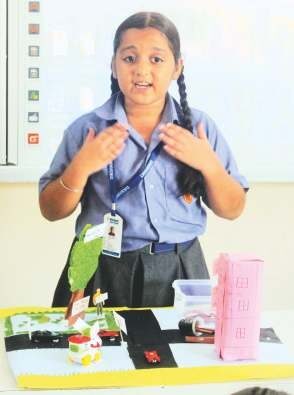

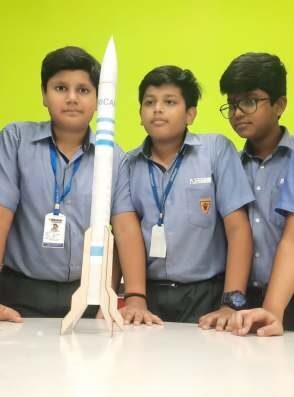
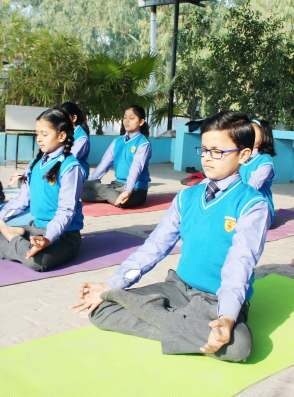
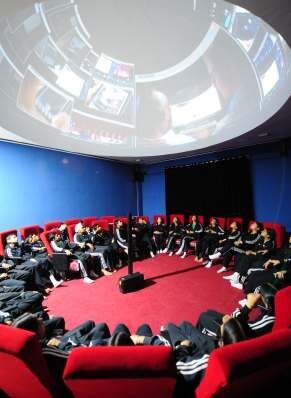
Their innate potential starts to emerge and their interests begin to form. We recognize and support this time of self-discovery and offer them a nurturing space to explore and innovate, and extend their learning both in scholastic and co-scholastic areas .
At Dikshant, students learn in a highly integrated way. Learning is experiential and inter-disciplinary, compelling action, reflection and empathy among children.
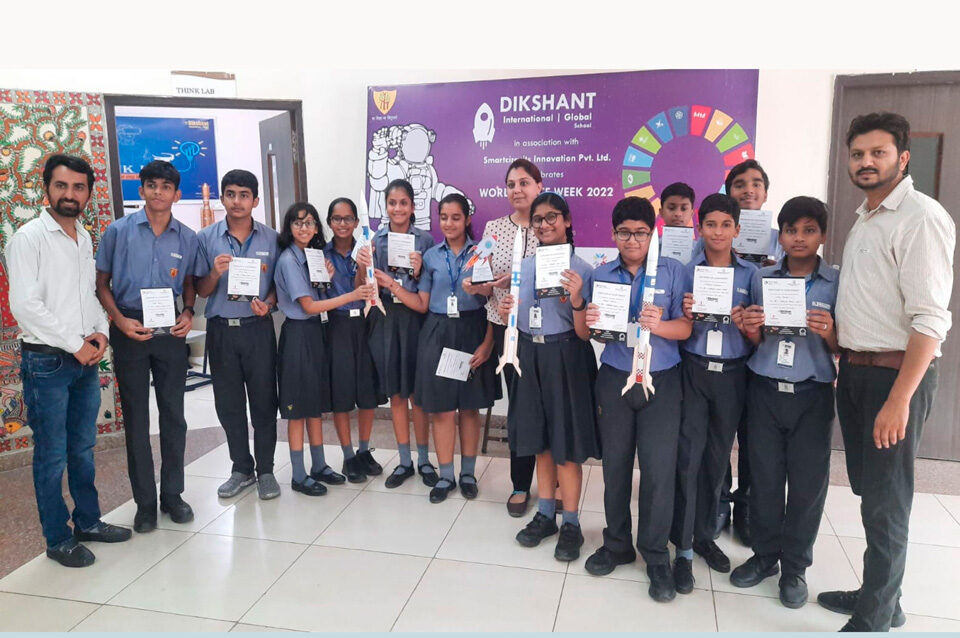
The syllabus and assessments have been planned according to remodeled structure implemented by CBSE from session 2017-18. The students are evaluated on the basis of their performance in following areas:
The academic year is divided into two terms:
Each term includes two cycles of Periodic Assessments and one Term-End Examination.
Grading and Assessment
Assessment Weightage
Term-End Examinations:
Periodic Assessments (PA):
Notebook Submission (5 marks):
Criteria:
Subject Enrichment Activities (5 marks):
Question papers will consist of:
For holistic development of students, co-curricular activities will be carried out in following areas and will be graded term-wise on a 3-point grading scale. (A- Outstanding, B- Very Good, C- Fair)
a. Work Education (Skill Based Activities)
b. Art Education (Visual and Performing Arts)
c. Health and Physical Education (Sports)
Work education skills will be evaluated by class teachers on the basis of different activities spread throughout the year. The performance of students in visual and performing arts will be evaluated by art and music teachers on the basis of activity chosen by the student. These activities will be held in zero period. Health and Physical Education Grades would be marked on the basis of performance in sports activities held in Zero Period/PT period. The aspect of regularity, sincere participation, output and teamwork will be the generic criteria for grading.
The students will also be assessed for the discipline which will be based on the factors like attendance, sincerity, behavior, values, tidiness, respectfulness for rules and regulations, attitude towards society, nation and others. Grading on discipline will be done term-wise on a 3-point grading scale (A- Outstanding, B- Very Good, C- Fair)
Dikshant was founded in 2002 with just 35 students and a small team of dedicated teachers. At Dikshant, we are committed to nurturing talent, expanding horizons, and fostering personal growth in every student.
QUICK LINKS
Let’s Connect
Dikshant Global School
Savitry Green 2, VIP Road, Zirakpur, India.
dikshantglobal@gmail.com
(+91) 84276 64878
Dikshant International School
NH-22, Zirakpur-Panchkula Kalka Highway, Zirakpur, India.
dikshantint@gmail.com
(+91) 92572 14796
(+91) 97799 35504
Design and Developed by – IT Geek Studio
© 2025 All Rights Reserved